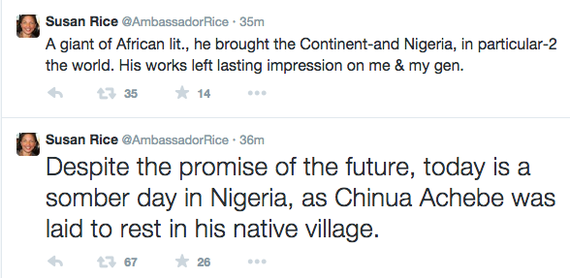"Reflex sharing" was coined by FirstPost, so termed for the reflexive social media act of: "see - react - share."
The original article referred to a clamor created in March 2015 when many social media users - including White House staff - mourned the death of African writer, Chinua Achebe. Posts celebrated his life and works in addition to lamenting his loss. However, Achebe had actually passed two years earlier, in 2013. Social media users had gotten caught up by a re-post of the original New York Times obituary.
FirstPost suggested social media users need to share experiences with one another; to capitalize on their networks to express emotions as part of a public audience. So much so that users typically do not take the time - or perhaps do not even consider it necessary - to check for an original post date. Instead, they share as a reflex to join the conversation.
The Atlantic also picked up on the story. Writer Shirley Li captures the sentiment of her article perfectly with the title "On Social Media, Everything Happens All the Time." Li suggests that even in an era in which news is broken to the public within seconds via social media, time is no longer necessarily the primary determinant of which stories are trending. Instead, stories become topics, which then take on their own lives as hashtags. Social media users are steering not just the conversation, but also the news cycle. As Li put it:
"Rice and those fooled by the revived news of Achebe's death simply did what social media has conditioned them to do: They shared, because if everyone was sharing, it meant it was news."The moral of the story for public and nonprofit managers and their social media staff: Take the time to vet trending stories before joining the conversation.
And if you find yourself in a situation similar to that faced by Rice - who is a national security advisor to the White House - avoid deleting your original posts when you learn of the mistake. Chances are, screenshots have been captured of your original post (as evidenced above). Just post a correction, move forward, and learn for the future.
Managers of the public and social good do have a responsibility to remain transparent to their audiences, but also, deleting misinformed posts may receive more backlash than the original posting. And, since social media is creating the timeless news cycle, you never know when those deleted posts could come back to haunt you.


No comments:
Post a Comment